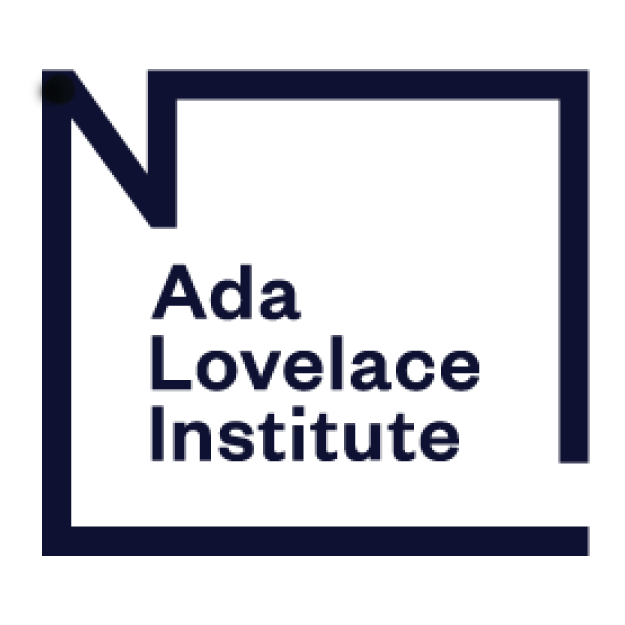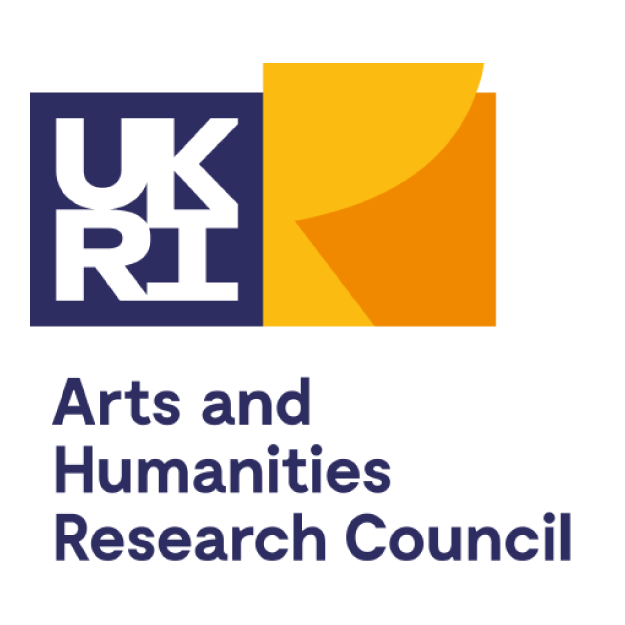- Led by Dr Martin Parker, University of Edinburgh
- Partnered with Datamind Audio Ltd.
This fellowship explores the challenges and opportunities surrounding digital sonic identity. I examine how AI tools can be used in the creation and development of sound, ask questions of provenance and ownership in sonic identity, and create new works in collaboration with a museum, a contemporary music ensemble and a youth project.
The project partner is Datamind Audio, a new plugin developer building an ethical platform for sharing the sonic profiles of electronic musicians.
As AI developments provoke new questions of authorship and challenge self-expression, we want to understand better what it is that makes people and places sound the way they do.
We will do this by working closely with three very different partners; a youth group, a contemporary music ensemble and a musical instrument museum.
Interpolated Conversations will connect with a community of young people, capturing sounds that are important to them and training AI models that reflect and represent their sonic identity. The group will use these models to make new music and sound works in collaboration with the project lead and Datamind Audio.
Model Manipulations connects with the contemporary music community though the composition of a new work for ensemble and AI model. The ensemble will perform in real-time with models of their own making, modifying performed sounds to manipulate AI versions of themselves live on stage.
Latent Instruments will create models of existing but inaccessible musical instruments stored in a museum. New sound experiences will be created with AI-based imaginings of the sounds these instruments might make.
Each of these projects will radically test different uses and contexts for Datamind’s technology.
The three programmes that span this fellowship have been envisioned to embrace the “Artificial” in AI. We will use the differences between neural synthesis and acoustic facts as a starting point for creative conversations with this technology. Central to the project is an aesthetic insistence that what we create is new. AI tools will not be used to create more of what we already have.
“Machining Sonic Identities” will function as a laboratory for creating new sounds and finding innovative ways to use this technology in enabling ways. It will form much-needed bridges between creative communities and the technologies currently shaping our social, political and cultural landscape.
Outputs will include public performances, exhibition of work, code releases and unique neural models that will be the property of the groups who created them.






One Comment